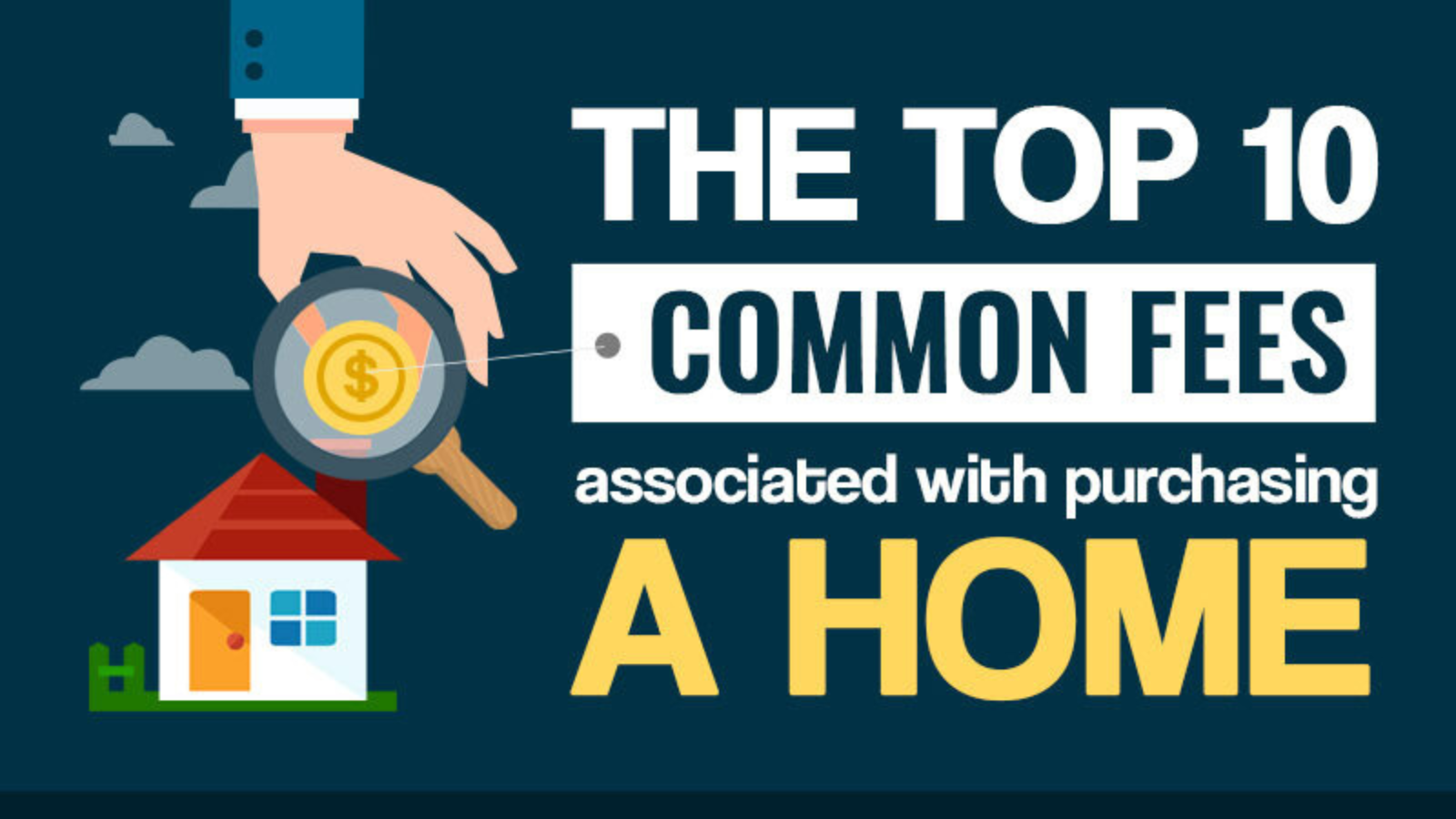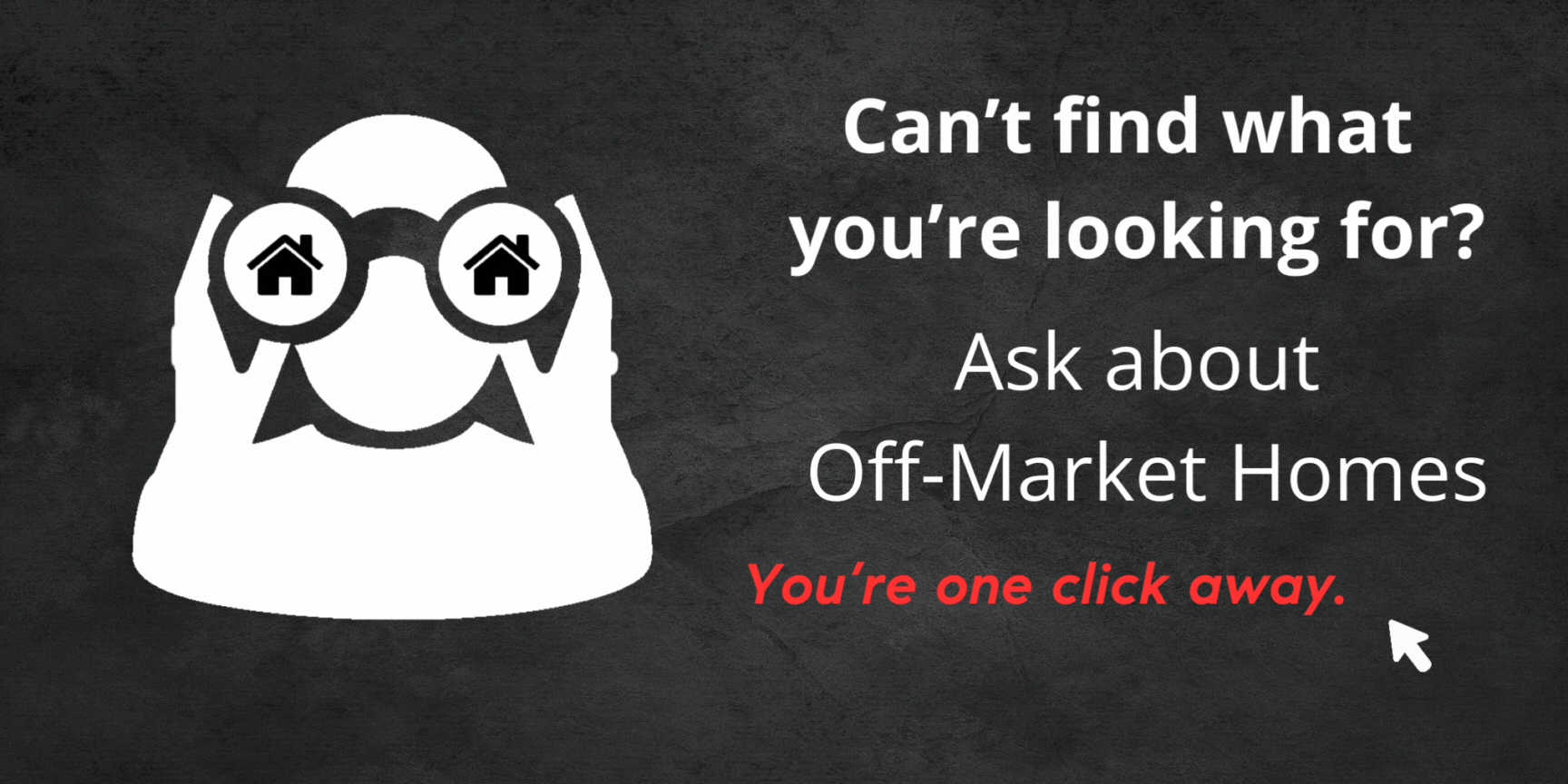Are you considering purchasing a home in the beautiful city of Santa Cruz? Congratulations! Buying a home is an exciting milestone, but it’s important to be aware of the additional fees involved in the process. In this article, we will guide you through the top 10 fees you need to know about when purchasing a home in Santa Cruz. By understanding these fees and being prepared for them, you can confidently navigate the home buying journey.
1. Earnest Money: Showing Your Commitment
Think of earnest money as a way to show your commitment to the home buying process. It is a sum of money that indicates your seriousness to purchase the property. The amount of earnest money can vary depending on local customs and the seller’s preferences. In Santa Cruz, the earnest money is typically a percentage of the purchase price. This money is often held in an escrow account, which protects both the buyer and seller’s interests. If the transaction is successfully completed, the earnest money is applied towards the down payment. In the event that either party backs out, the earnest money is given to the party who was ready to proceed with the transaction.
2. Down Payment: Investing in Your Future
The down payment is one of the most significant fees you’ll encounter when purchasing a home in Santa Cruz. It is a lump sum payment made upfront, representing a percentage of the total purchase price. Typically, buyers are expected to contribute 5% to 25% of the home’s price as a down payment. The remaining amount is covered by a mortgage loan. It’s important to note that the size of your down payment can impact the interest rate and monthly payments associated with your mortgage. Generally, a higher down payment results in a lower interest rate and monthly fees.
3. Homeowner’s Insurance: Protecting Your Investment
Homeowner’s insurance provides financial protection for your property in the event of damage or loss. It covers a range of issues, including interior and exterior damage, personal belongings, and liability for injuries that occur on your property. Mortgage lenders often require homeowners to have insurance to approve a buyer for a mortgage. While you have the option to choose your own insurance provider, some mortgage companies may offer insurance as well. The cost of homeowner’s insurance in Santa Cruz depends on the coverage you select and the value of your home.
4. Property Taxes: Supporting the Community
Property taxes in Santa Cruz contribute to the funding of local public services, such as schools, road repairs, and infrastructure maintenance. The exact rate of property tax varies across different states, municipalities, and neighborhoods. In some areas of the United States, property tax rates can reach up to 6% of a home’s value. It’s important to consider property taxes when budgeting for your new home in Santa Cruz.
5. Private Mortgage Insurance (PMI): Balancing Risk
Private Mortgage Insurance (PMI) protects lenders in case a buyer fails to repay their mortgage loan. It allows buyers to make a smaller down payment, as down payments traditionally cover 20% of the home’s total price. Buyers can choose to pay for PMI on an annual basis or include it in their monthly mortgage payments. The cost of PMI can vary based on factors such as the borrower’s credit score and the loan-to-value ratio.
6. Appraisal Fee: Evaluating the Market Value
Before finalizing your home purchase in Santa Cruz, a professional appraiser assesses the property’s market value. The appraisal includes an evaluation of the home’s interior features as well as an assessment of the surrounding neighborhood. While the cost of an appraisal typically ranges from $300 to $500, homes in remote areas may require additional expenses. Mortgage companies require appraisals to ensure that the property’s value aligns with the loan amount. In the event of default, the lender can take possession of the house and sell it to recoup the debt.
7. Loan Origination Fee: Processing the Loan
Among the various mortgage fees, the loan origination fee is one of the largest. This fee is paid to the lender to generate and process the loan. It is usually calculated as a percentage of the total loan amount, typically falling between 0.5% and 1%. Buyers with larger loan amounts may have room to negotiate and potentially lower this fee.
8. Title Search Fee: Ensuring Ownership Rights
A title search is conducted to verify the seller’s legal ownership of the property and to identify any outstanding claims against it. Title searches are typically performed by a title company or an attorney. In Santa Cruz, title search fees can range from $200 or below, although costs may vary depending on the region. To reduce expenses, you can contact the company that currently holds the title insurance policy on the home you’re purchasing. They may offer the old title search for a lower price.
9. Home Inspection Fee: Uncovering Potential Issues
A home inspection is essential to uncover any hidden issues that may affect the property’s value or your safety. While it may seem unnecessary at first, a professional home inspection can reveal problems such as pests, fire hazards, and faulty electrical or sewage systems. Lenders may require a home inspection before approving your loan. Investing in a thorough inspection can save you from future headaches and unexpected expenses.
10. Closing Costs: Finalizing the Transaction
Closing costs encompass a variety of expenses associated with the transfer of ownership from the seller to the buyer. While some closing costs are typically paid after the title transfer, others may be settled before the deal is finalized. The specific expenses included in closing costs can vary, and some may be negotiated between the buyer and seller. Examples of closing costs include mortgage loan fees, insurance fees, and other expenses involved in the transaction process. It’s important to review the closing costs carefully to understand your financial obligations.
Remember that some fees, such as property taxes and homeowner’s insurance, are recurring costs that you’ll need to budget for throughout your time as a homeowner. Additionally, some closing costs may be integrated into your monthly mortgage payments. By being aware of these fees and understanding their implications, you can better prepare for the financial responsibilities of owning a home in Santa Cruz.
Now that you’re equipped with knowledge about the top 10 fees when purchasing a home in Santa Cruz, you can confidently navigate the home buying process. By budgeting and planning for these expenses, you’ll be well-prepared for the exciting journey of homeownership in this beautiful coastal city. Happy house hunting!





